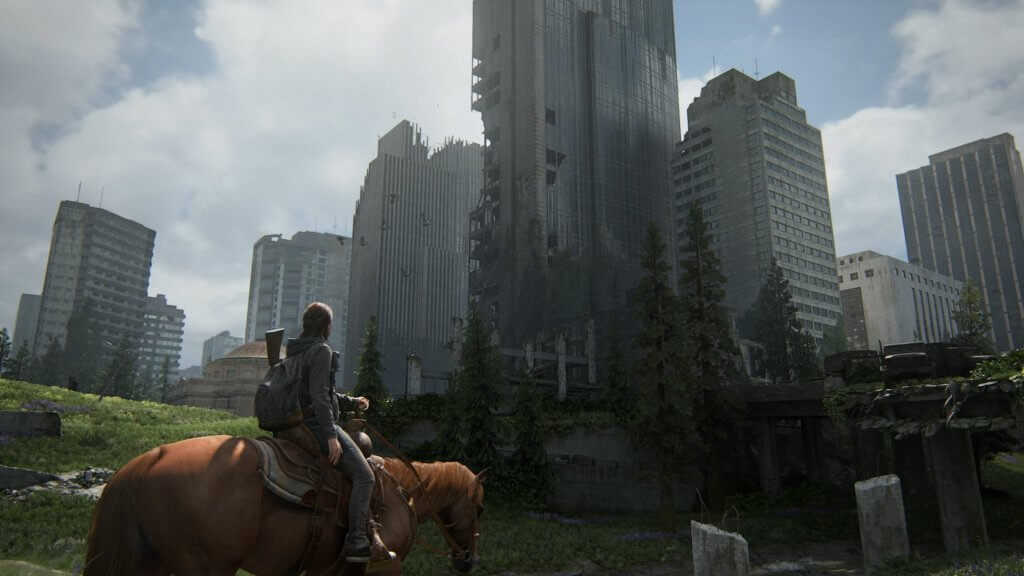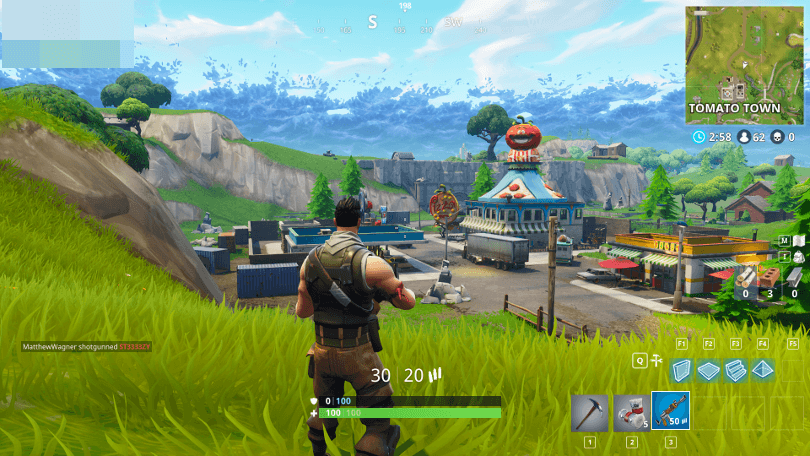What do they give to players? Are they just meant to make money? -
Hello my friends!
In this blog post I would like to take the time to make a consideration on the today’s game market and design: how are they designed and what is purpose of most of them?
The immediate answer to this is probably: “To make money”.
But is it really just this? Or is there more?
This is question I ask myself many times as a game developer and designer since as an answer it always seemed very flat and meaningless in the end. Surely this kind of discourse can take a deep social/philosofical turn, but I think there could be simpler answers.
Game companies’ goal in general is surely just to sell more copies of their game in order to sustain themselves and make profit.
Their goal is to get bigger and bigger, making “bigger games” in order to make more money to make even more bigger games. But does it make sense in the end? Or is it just a dog chasing its own tail?
Companies that have passed their size limit (of profit) tend to expand into other fields since they have so much surplus budget that they don’t even know what to do with it (an example is Google expanding in the gaming market with Stadia).

But taking the example of Google, in the case they squash all the competition in the gaming field with their product and ideas what’s left? Just more money?
I think it doesn’t make much sense in the long run.
Competition is something that I personally think can also be positive and lead companies to give their best (but also additional stress) as long as they don’t annihilate the opposing companies.
This surely can push the technology, leading the market to produce visually stunning products that would never have seen the light otherwise.

Visually (and audibly) surely progress has been made, but is this the right path? Do games nowadays are so much different from the games of the past?
Personally I think today’s games don’t convey or teach something really meaningful and do not yet fully exploit the potential of the medium.
Most of triple A games tend to be linear stories with cutscenes getting closer and closer to the world of cinema without really being able to find its own language, nor even approaching remotely to the great cinematographic masterpieces such as Sergio Leone or Fellini’s movies to name a few.
Probably indie games having less costs and being able to risk more, tend to explore this medium much more deeply.
With this sentence I don’t mean to despise triple A games (I still like to play them), but I really would like to see more experimentation and not just games that tend to copy each other.
These games don’t really make gamers think or give them profound teachings (other than thoughts on how the plot will continue).
Smaller games like UNDERTALE tend to explore much more this concept, and this is also linked to the fact that the developer’s goal (tobyfox) wasn’t to make millions out of the game. His main objective was to create something unique and something never seen before with a simple idea:
https://www.gamasutra.com/view/news/257884/Game_Design_Deep_Dive_Undertales_actionbased_RPG_battles.php
With real moral choices that finally make the player think, these are probably the games that can lead to the path of pure game design.

I think that in order to create truly exceptional games, developers need to look at other fields: not only Cinematography, but even Art, Music, Photography, Philosophy and all aspects of life that can be studied.
After all even Nintendo affirms that when trying to search for the best game designers, they tend not hire gamers
https://www.insider.com/shigeru-miyamoto-hire-gamers-nintendo-2017–12
This is because gamers tend to take inspiration from other games they played rather than from their other life experiences, and this is something that we try to achieve too as a small game development company.
Even recent Nintendo bestsellers such as “Super Mario Odyssey” and “The Legend of Zelda: Breath of the Wild” have been lauded for being examples of the company’s willingness to take risks with even its most important franchises.

Of course there are many other examples to study, for example cash grabs games like Fortnite or Candy Crush are designed by armies of psychologists in order to study the better way to keep the players glued to the game.
This brings the question I made at the beginning of the post: even if these games made 10x more money then Breath of the Wild, does it really make these games more successful? or do we have to consider other factors to measure the success of a game?


here some links that I took the inspiration by to write this blog post! I hope you liked it :)
References:
https://medium.com/@sambro055/scope-of-game-development-and-design-dd187a64fd44
https://www.lcca.org.uk/blog/careers/scope-and-future-of-the-gaming-industry/
https://www.nyfa.edu/student-resources/nintendo-can-teach-us-game-design/
https://www.insider.com/shigeru-miyamoto-hire-gamers-nintendo-2017–12
https://www.nytimes.com/2017/12/29/technology/nintendo-switch.html